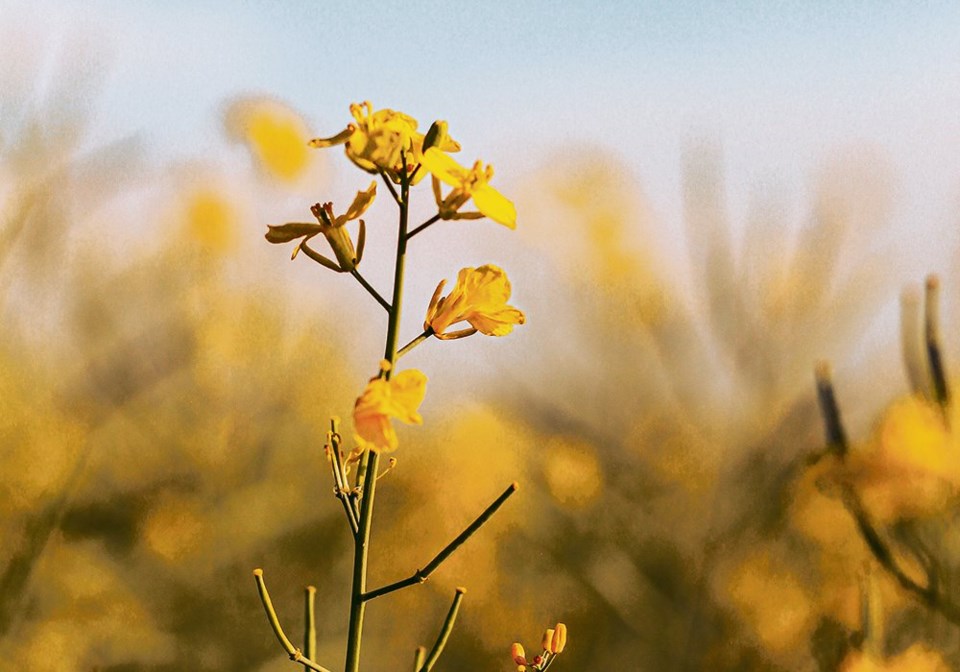WESTERN PRODUCER — The Canola Council of Canada has unveiled its Canola 4R Advantage program, which pays growers up to $12,000 per year for using best management practices (BMPs). | Screencap via canolacouncil.org
Canola farmers can now be rewarded for their nutrient stewardship practices.
The Canola Council of Canada has unveiled its Canola 4R Advantage program, which pays growers up to $12,000 per year for using best management practices (BMPs).
The council is receiving up to $17.4 million in funding for the program over the next two years from Agriculture Canada’s On-Farm Climate Action Fund.
Growers in the three prairie provinces will be able to claim up to 85 percent of eligible costs for up to two of the following four BMPs:
• soil testing
• enhanced efficiency fertilizers
switching from fall nitrogen application to spring banding or a split of spring banding and in-crop application
field zone mapping consulting services for variable rate nitrogen
The annual funding limit for each BMP is $6,000 per grower, which means $12,000 is available to each farm business per year of the program.
Applications can be submitted starting on Aug. 17. Eligible expenses must be incurred between Feb. 7, 2022, and March 31, 2023, for the 2022 application.
Growers can also apply for funding through 11 other programs delivered through the OFCAF with a maximum of $75,000 through all 12 programs.
The four canola BMPs were chosen by the council because they are underused, have a high potential to reduce greenhouse gas emissions and can feasibly be adopted by growers.
“It’s something that all farmers should be taking a look at,” said Charles Fossay, president of the Manitoba Canola Growers Association. “It’s a way to encourage farmers to get into the 4R program and to help reduce greenhouse gas emissions from fertilizer.”
Growers who have used the same BMP on a selected field as part of a 4R Nutrient Stewardship Plan in the past are not eligible to claim that same BMP for the canola program.
Fossay estimated that a farmer with 1,000 acres of canola might spend about $60,000 on nitrogen fertilizer in a typical year, so a $12,000 rebate on that expense would be substantial.
“It’s sort of like the carrot and the stick,” he said.
“Let’s try and get everybody to take the carrot and start to look at maybe changing some of their management practices rather than five years from now being forced to make changes through regulation.”
The federal government has set a target of reducing greenhouse gas emissions caused by fertilizer by 30 percent by 2030.
Fossay wondered how popular the canola program will be this fall. It is going to be a late harvest, which means there likely won’t be as much fall-applied fertilizer as normal.
“A lot is going to depend on the weather and how harvest progresses to see how many people take advantage of the program this fall,” he said.
But the program will be in place next year as well and he hopes farmers will take advantage of it.




